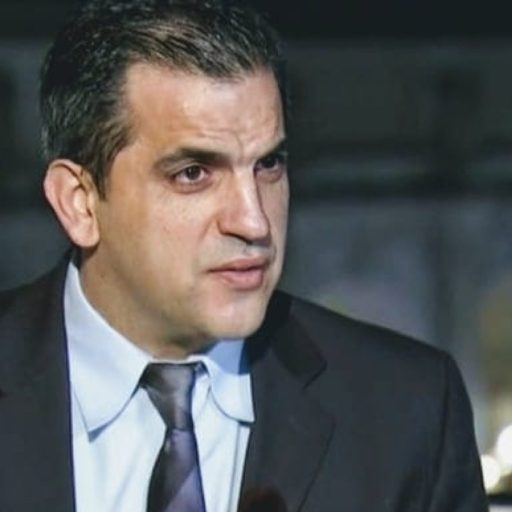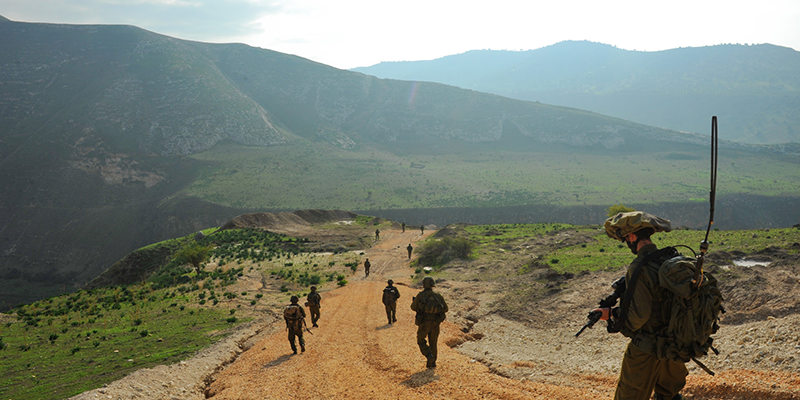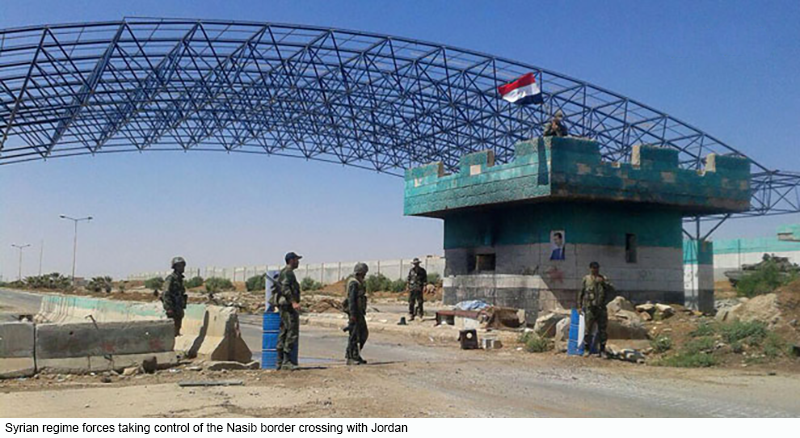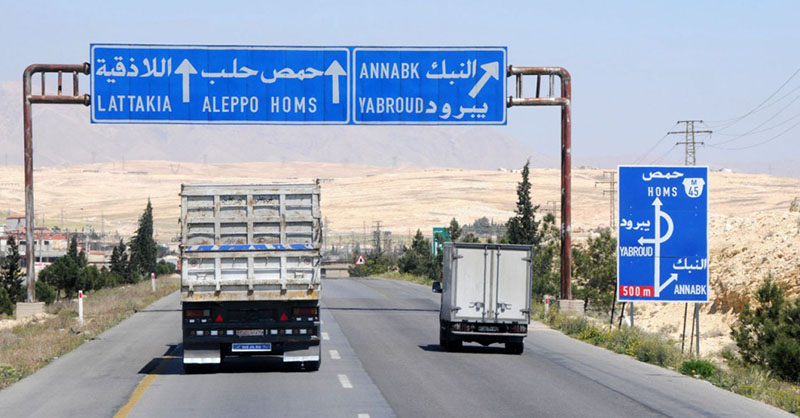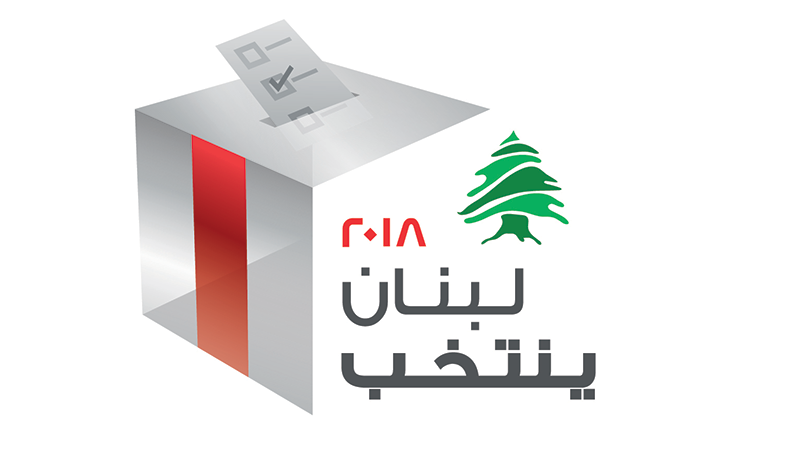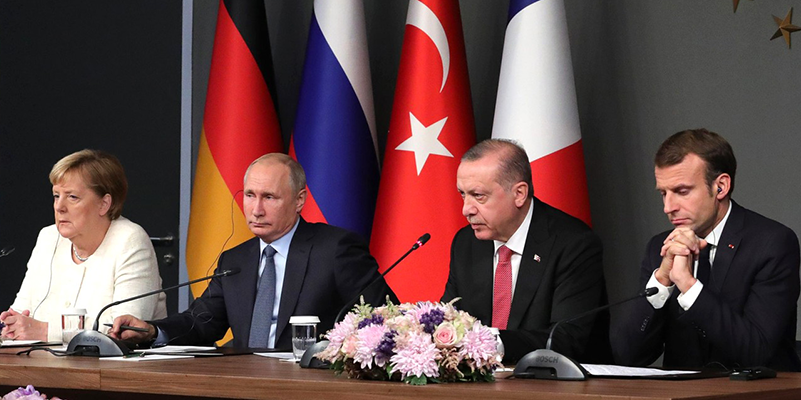
There is momentum to try and revive the peace talks; this is reflected in the appointment of a new UN envoy for Syria, the ceasefire—albeit fragile—in Idlib, and the Istanbul summit. However, to advance a credible political process in Syria while avoiding the same long-standing obstacles, it would behoove the principal actors to consider five key policies: 1) reach a permanent and sustainable ceasefire in Idlib; 2) renew direct US-Russian talks on Syria between US Secretary of State Mike Pompeo and Russian Foreign Minister Sergei Lavrov; 3) remove the issue of Assad’s fate from talks, at this point, to help launch the process and ensure confidence-building measures; 4) include the United States and Iran in a new group on Syria that can discuss how to advance this process; and 5) clarify the mandate of the constitutional committee and place it within a defined political framework. Most importantly, without a clear and committed US policy, the Syrian conflict will continue to evolve in the same pattern, and this might very well lead to further hostilities down the road. Click here to read my latest policy analysis.
